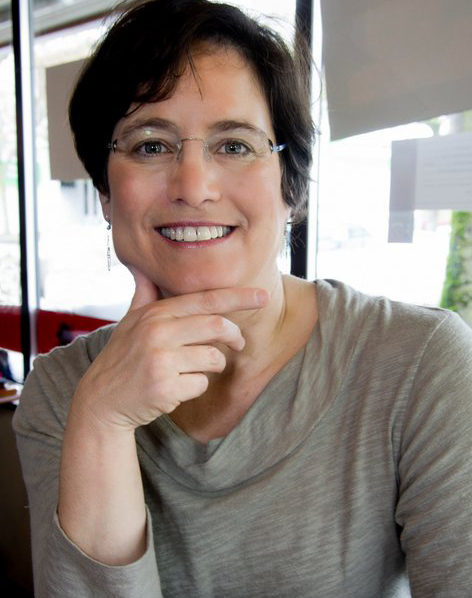Western Washington University English Professor Brenda Miller recently won a Washington Book Award for her new memoir, “An Earlier Life.” These prestigious awards are given annually through The Washington Center for the Book, a partnership of the Seattle Public Library and Washington State Library.
We asked Miller a few questions about the book and her writing process.
How is writing a memoir different from a typical novel or non-fiction work?
Memoir is based on, as the word suggests, memory. It differs from an autobiography in that the memoir usually doesn’t try to encompass an entire life, but instead focuses on a particular theme that connects these memories. This book is a collection of mostly stand-alone personal essays that accumulate into a memoir about the ways we can lead many different lives in one lifetime, and how we can look back on our “past selves” with compassion.
Many of our most personal memories are often painful or difficult to write about. Was dealing with those issues cathartic for you?
I wouldn’t say “cathartic,” but my purpose in writing memoir or personal essay is to find out what I don’t already know. In other words, to make connections or discovery through the writing itself. Sometimes I don’t realize what I’ve revealed until after the essay’s been published. For example, one of the essays in “An Earlier Life” is written in the form of a series of rejection notes. By utilizing the recognizable voice of rejection notes, the essay becomes humorous, though deep emotional material finds its way into the form, almost on its own.
The book focuses on a number of central pillars that have helped you move through life, such as your religion and other things that give you joy, such as music and your work with rescue dogs. How do these things allow you to move forward in an authentic way?
For me, authenticity is one of the recurring themes in my work and my life: how to cultivate the most authentic life possible. When I’m working with my foster dogs or singing with the Bellingham Threshold Singers or creating a holiday meal for Hanukkah, I feel a deep joy that signals I’m in touch with my most authentic self. I now also volunteer at Whatcom Hospice House, and I look forward to being there each week, when my focus is fully on others.
How does winning this award alter or encourage your plans for the next, as-yet-unwritten phase in your life?
I was so amazed and grateful to have received the Washington State Book Award for “An Earlier Life,” especially because the book was published by a small, independent press (Ovenbird Books). It showed me that I don’t need to alter my style to appeal to more mainstream publishers, that I am fine in my “lyric essay” niche!
